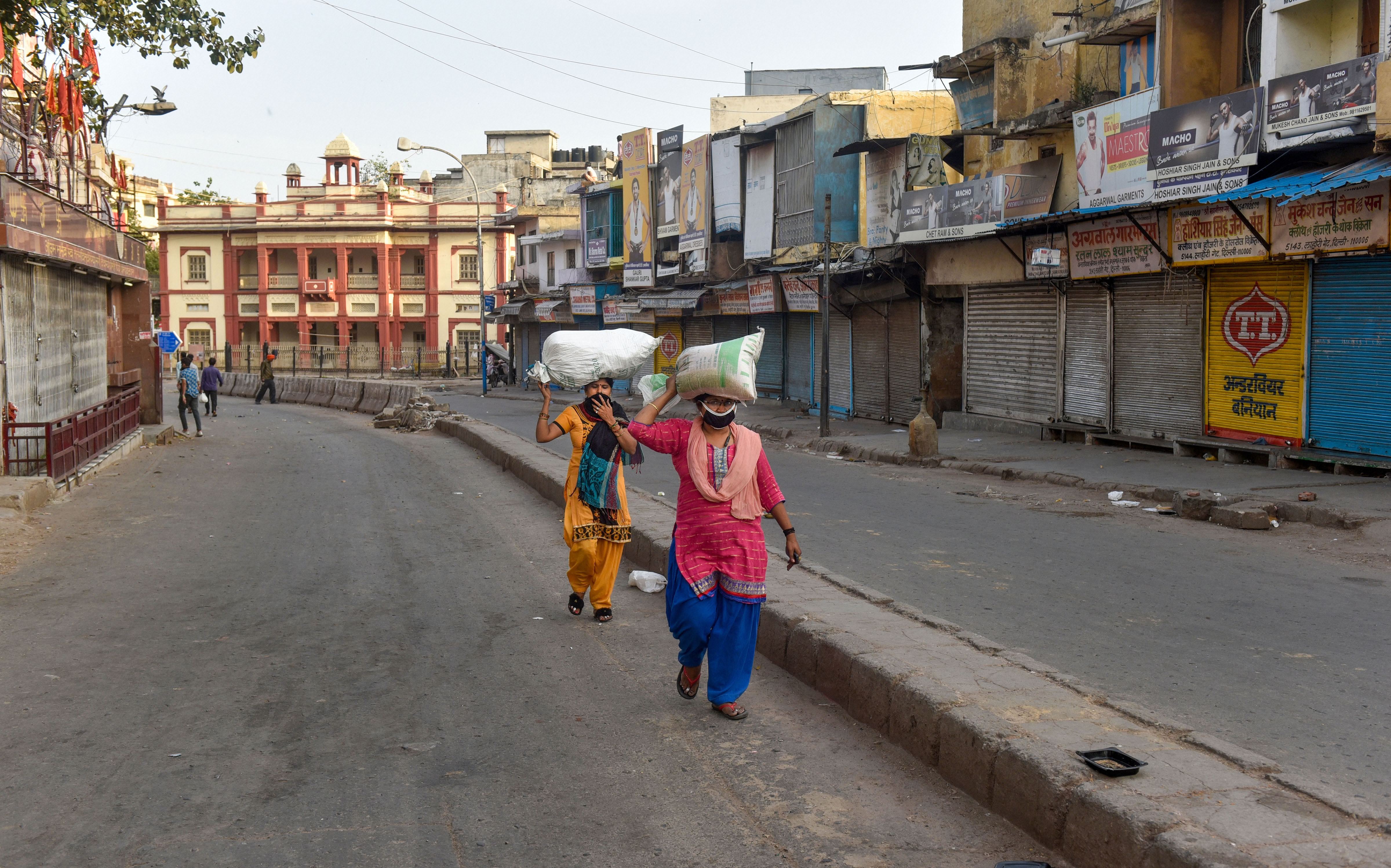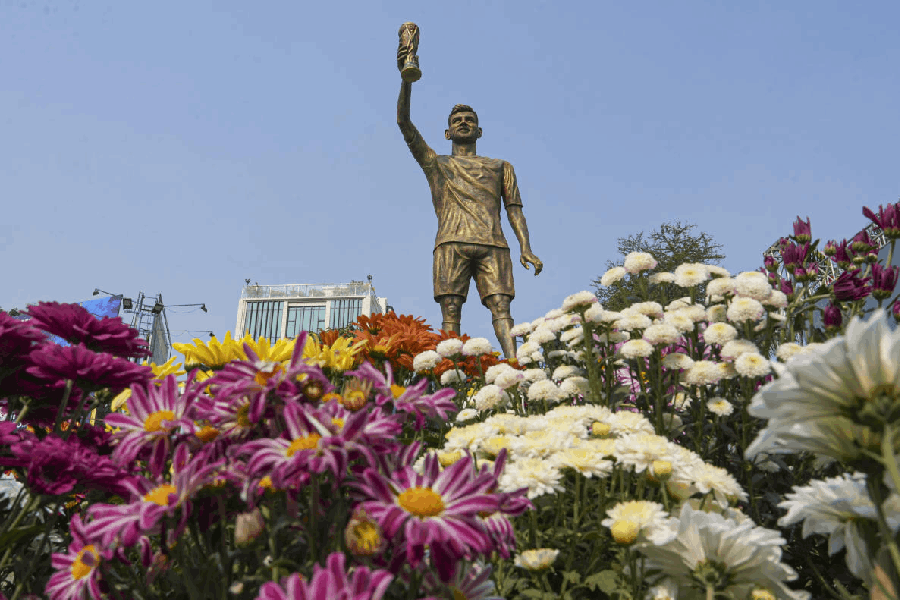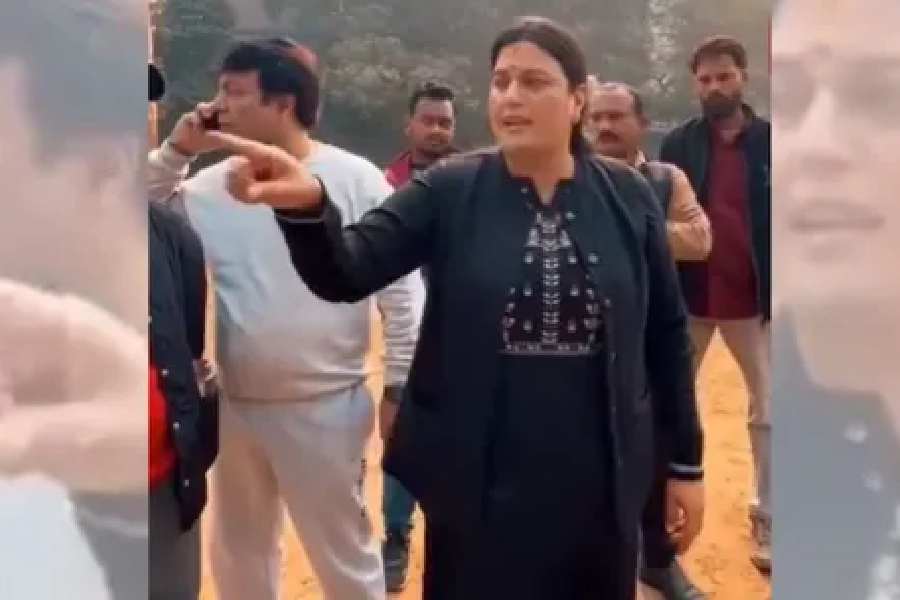A petition was moved in the Supreme Court by some activists, seeking a directive to the Centre and the state governments to ensure that workers adversely affected by the Covid-19 pandemic are paid wages, given food and shelter, and provided free medical aid. It has been claimed that under the Disaster Management Act, 2005, it is a statutory obligation on the part of the government to provide such assistance. Many of the enterprises where these workers are employed have shut down. Any financial aid given to the owners might not be enough to cover wages and the provision of essentials. The owners are themselves caught in cash constraints; they could use the money to repay debt and not pay the workers. This issue transcends such concerns as economic efficiency and the statutory obligation of the government to provide for workers in the unorganized sector under some legislative acts. In extreme situations, it might be considered a moral obligation arising out of basic human rights. The immediate or short-run challenge is the provision of relief to stem starvation. But there is a deeper question: this concerns the need for some sort of social security network to cover vulnerable constituencies faced with such life-threatening uncertainties. The complexities would multiply if the informal and insecure nature of employment of the poor and the migrant workers is taken into consideration. This characteristic of the labour market in India will not go away. If anything it will become more widespread, covering all blue collar and even many white collar workers because of changes in technology. In the future, a shock of this intensity would cause even more damage in terms of incomes lost. The absence of a guarantee for food and shelter would cripple a much larger population.
The time has come to seriously consider some form of universal basic income that will cover the poor and the vulnerable workers. Some infrastructure to achieve this exists already; they include Jan-Dhan accounts, Aadhaar cards and mobile telephony, referred to as ‘Jam’ in Indian policy circles. The amount of financial aid offered by the finance minister has been woefully inadequate. Most pundits are of the opinion that the size of the fiscal deficit ought not to be of concern this year. Hence the financial aid could be ramped up significantly to ensure that demand is insulated from any secondary effects of unanticipated supply shocks like that of the Covid-19 pandemic.










